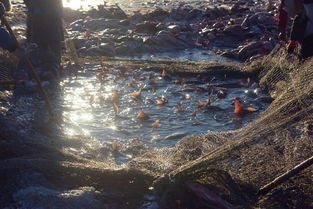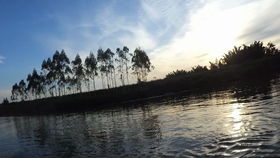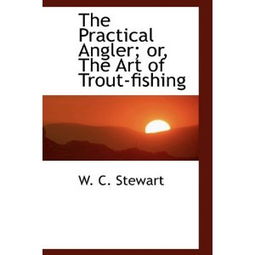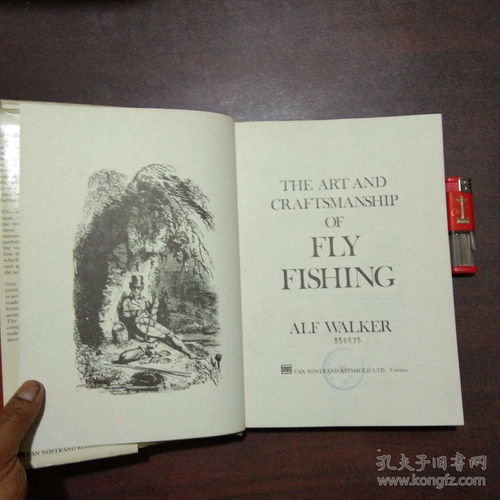Content:
Fishing is a timeless activity that has been enjoyed by people of all ages for centuries. Whether you're looking to unwind, connect with nature, or simply catch a big one, learning the basics of fishing can be both rewarding and fun. If you're a beginner, you might be wondering how to get started and what techniques to use. In this article, we'll provide you with essential fishing tips for beginners, helping you master the art of angling.

Choose the Right Equipment
Before you start fishing, it's important to have the right equipment. Here's a list of essential gear for beginners:
- A rod and reel: Choose a rod and reel that are appropriate for the type of fishing you plan to do. For freshwater fishing, a spinning rod and reel are a good choice, while a baitcasting rod and reel is better for saltwater fishing.
- Line: Make sure you have enough line for your rod and reel. The type of line you choose will depend on the fish you're targeting and the conditions you're fishing in.
- Hooks: Hooks come in various sizes and shapes, so choose the right one for the fish you're trying to catch.
- Lures and bait: Lures and bait can be used to attract fish. Experiment with different types to see what works best in your fishing environment.
- Tackle box: Keep your hooks, sinkers, swivels, and other tackle organized in a tackle box.
Learn the Basics of Casting
Casting is a fundamental skill in fishing. Here are some tips to help you improve your casting technique:
- Hold the rod with a comfortable grip, and keep your elbow close to your body.
- Start with a slow, smooth motion, and then accelerate as you reach the end of your cast.
- Practice casting in different directions to get a feel for the movement.
- Pay attention to the angle of your rod tip; it should be at a 45-degree angle to the water when you cast.
Choose the Right Location
The best fishing spots can vary depending on the type of fish you're targeting. Here are some tips for finding the right location:
- Research the fish you want to catch and learn about their preferred habitats.
- Look for areas with structure, such as rocks, logs, or vegetation, as these can provide cover for fish.
- Check out local fishing maps or ask other anglers for recommendations.
Understand the Basics of Bait and Lures
Bait and lures are used to attract fish. Here's what you need to know:
- Bait: Live bait, such as worms, minnows, or crickets, can be effective for catching fish. However, artificial lures can also be very successful.
- Lures: Lures come in various shapes, sizes, and colors. Some are designed to mimic the movement of real fish, while others are meant to attract fish with their bright colors.
- Experiment with different baits and lures to see what works best in your fishing environment.
Learn to Read the Water
Understanding the water you're fishing in can help you be more successful. Here are some tips:
- Look for areas with a strong current, as these can attract fish.
- Pay attention to the color of the water; murky water can indicate a fish's presence.
- Observe the surface of the water for signs of fish activity, such as ripples or bubbles.
Patience is Key
Fishing can be a waiting game, so patience is essential. Here are some tips to help you stay patient:
- Set aside plenty of time for your fishing trip; don't rush.
- Take breaks to relax and enjoy the experience.
- Be prepared to wait for a while before you catch a fish.
Stay Safe
Safety should always be a priority when fishing. Here are some tips to help you stay safe:
- Wear a life jacket if you're fishing from a boat.
- Keep an eye on the weather and be prepared for sudden changes.
- Stay hydrated and wear sunscreen to protect yourself from the sun.
In conclusion, fishing is a rewarding activity that can be enjoyed by beginners and experienced anglers alike. By following these essential fishing tips for beginners, you'll be well on your way to mastering the art of angling. Happy fishing!












